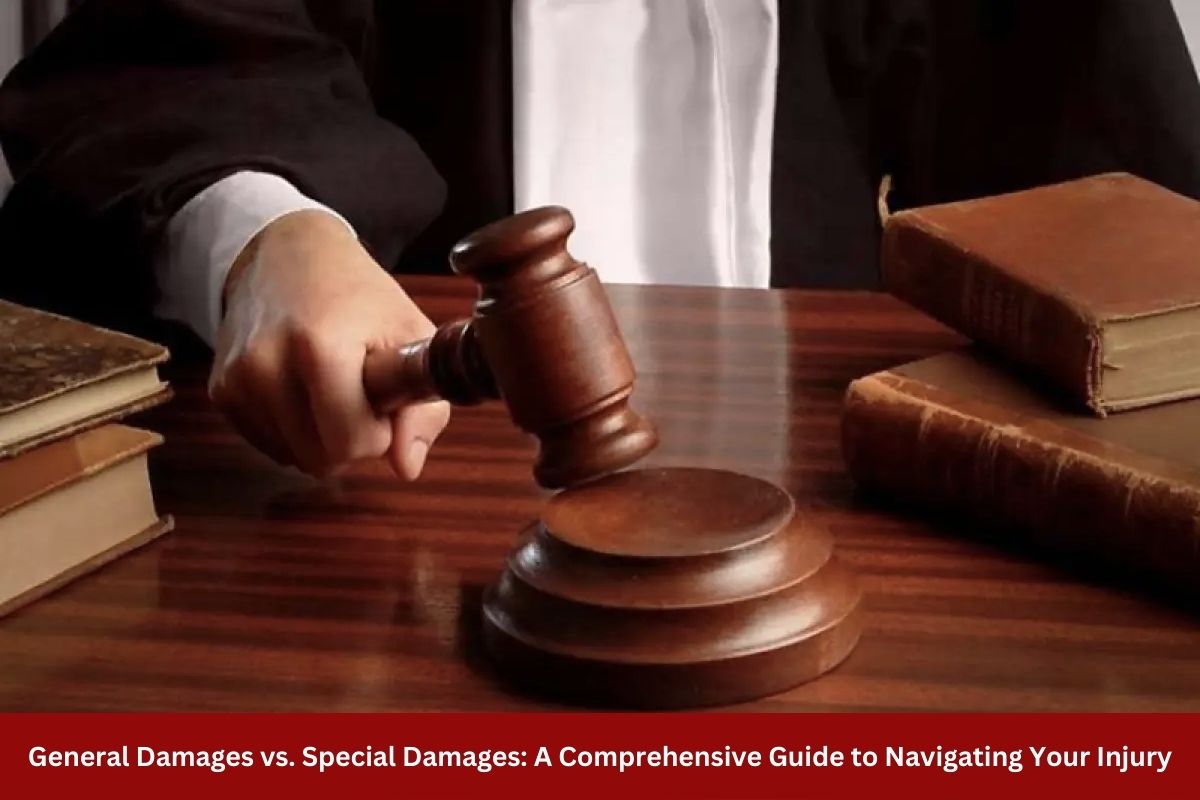For those who have experienced a personal injury, you may have chosen to dive into the world of lawsuits. The primary method through which this is done is utilizing tort law to launch a civil case against another person.
Tort law refers to the area of law that focuses on rectifying wrongdoing that a person performed against another person, typically through awarding damages. However, there are a number of different types of damages which a person may be awarded depending on the situation.
What Are Damages?
As outlined by Cornell Law School, damages are the specific remedy that one party requests that the court award them for the purpose of making them whole after some type of event that left them injured or violated in some manner. In most cases, damages are monetary compensation that are awarded to a harmed party, but there are other forms of damages as well. Damages will be awarded to the party who requests them if the court determines that the party being sued violated their contract or the other person’s right in some way.
A Brief Note on Punitive Damages
The two primary forms of damages are special and general, but there is a subset of damages known as punitive damages which are important to cover. While the main damages are meant to make an injured party whole, punitive damages are assigned to punish the party who committed the act. These could be fines or other restrictions applied on top of other damages.
Special vs. General Damages: The Key Differences
As mentioned, a person typically requests two primary forms of damages from the court: special or general damages. Special damages are damages that are economic or tangible, whereas general damages are those which are intangible or noneconomic damages. Broken down more simply, special damages will be compensated for expenses that a person incurs directly as a result of the injury they received. On the other hand, general damages don’t have a specific price and are more subjective.
For perspective, special damages would cover the medical bill if a person causes a car accident through negligent action that results in a broken bone, as well as a medical bill from the hotel. General damages resulting from that event, however, would look more like ongoing mental health issues resulting from the trauma of the incident.
Common Types of Special Damages
Understanding the common types of special damages can help a person quantify what they request from the court. The most commonly seen special damages include:
- Lost wages resulting from being unable to work due to the injury
- Medical expenses, whether in the present or the future, that result from the injury
- Irreplaceable items being lost due to the accident
- Any ongoing personal care costs related to the incident
- Costs of living with a disability
- General replacement or repair of property damage
Common Types of General Damages
Given that general damages aren’t as tangible as special damages, understanding what general damage looks like can be challenging. However, below are a few of the most common types of general damages:
- Costs related to mental health problems such as PTSD
- Any emotional distress or anxiety-related costs resulting from the accident
- Permanent scarring or the loss of a limb
- Physical pain that isn’t treatable yet causes discomfort
- Pain and suffering-related injuries
Personal Injury 101: How Damages Factor In
One of the primary ways damages become prevalent in court is during a personal injury lawsuit. While non-economic damages cover less tangible losses than economic damages, both are typically present in a personal injury case. Learning everything there is to know about personal injury can help a person determine which damages are applicable to them.
What is a Personal Injury Lawsuit?
A personal injury lawsuit occurs when one party sues another party for injuries they received, which they perceive to be due to the other party’s negligent actions. An example of a personal injury lawsuit could be a driver choosing to check their phone and taking their eyes off the road, only to run through a red light and hit a driver who had the right of way and was in the intersection.
Common Types of Personal Injury Cases
There are a variety of different situations which may warrant personal injury and which may warrant requesting various damages from the other party. The most common of these include:
- Slip and fall accidents in a public location
- Vehicle-on-vehicle or vehicle-on-pedestrian collisions
- Medical malpractice incidents
- Wrongful death incidents on behalf of somebody else
- Animal attacks resulting from an off-leash animal
How Much Can Be Won from a Personal Injury Case?
When all the damages you are awarded are combined, you may wonder how much you can garner from your case. In general, half of all plaintiffs earn at least $25,000 from their case, but this number can quickly reach the hundreds of thousands in certain situations, such as medical malpractice cases.
The ongoing value of damages received from your personal injury case can quickly add up and bolster this value, however, making the true value thousands of dollars more than you think.
Speak with an accredited personal injury lawyer to determine whether or not your case can earn you a large amount of damage.
The Bottom Line
Whether you seek economic or non-economic damages, it’s important not to settle for living with an injury caused by another person’s negligent actions.
Instead, focus on contacting an accredited personal injury lawyer who can help you walk through the events you experienced to see if there are potential damages you could be awarded.
In certain situations, other forms of compensation, such as workers’ compensation insurance or general automobile insurance, may be beneficial, which a personal injury lawyer can help you determine.
